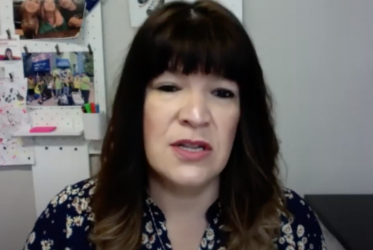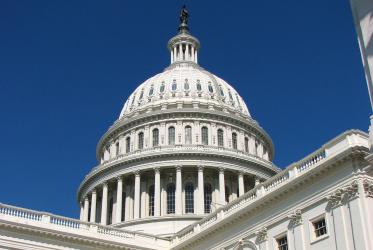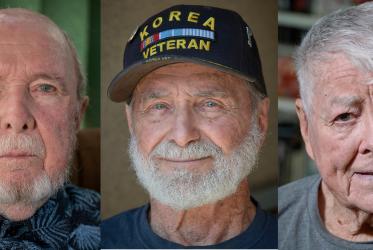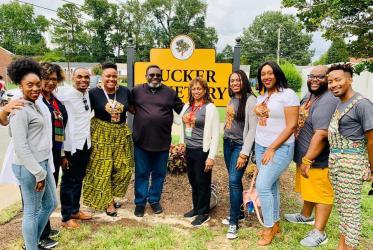Displaying 1 - 20 of 103
New student body at Bossey Ecumenical Institute “a source of joy”
14 September 2020
WCC condemns attack at Hanukkah celebration in New York City
29 December 2019
Dr Saïd Ailabouni: God is on the side of rejected, oppressed, occupied
12 September 2019











